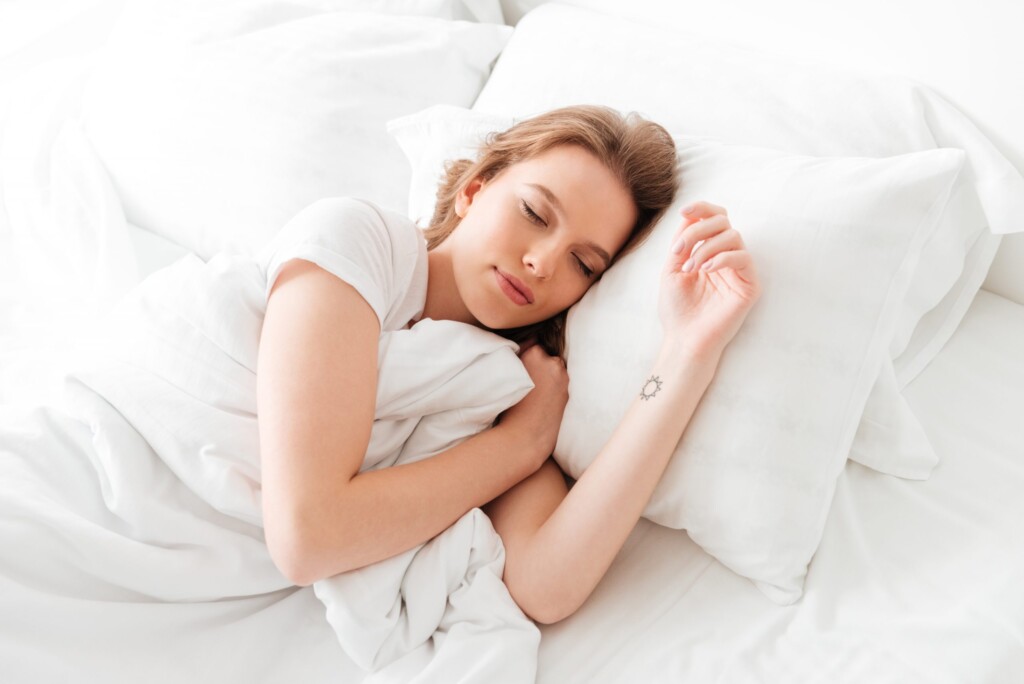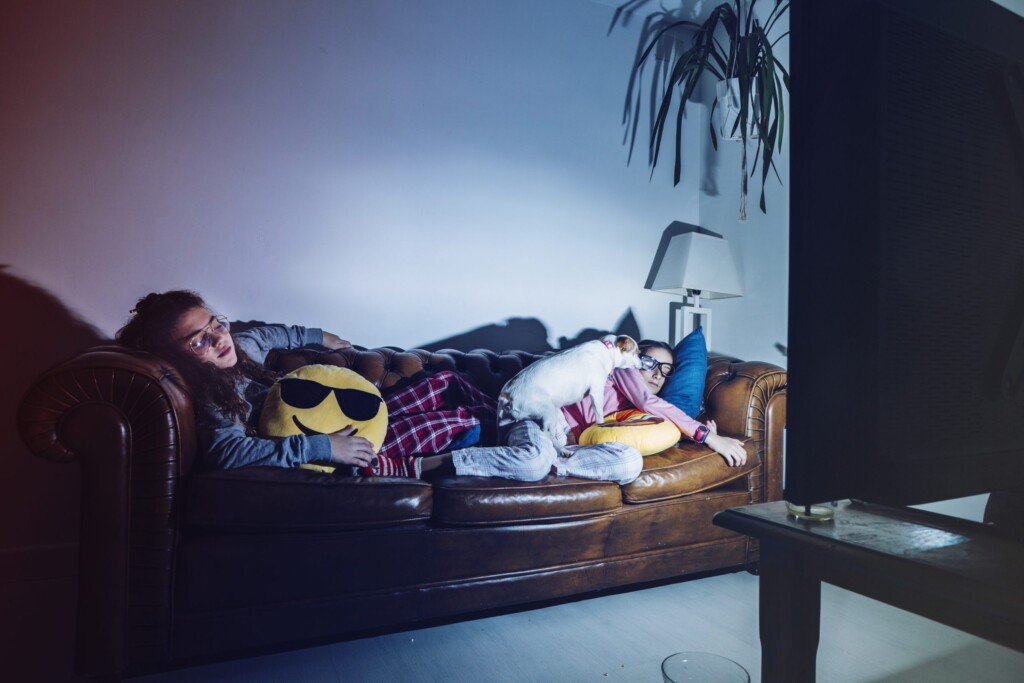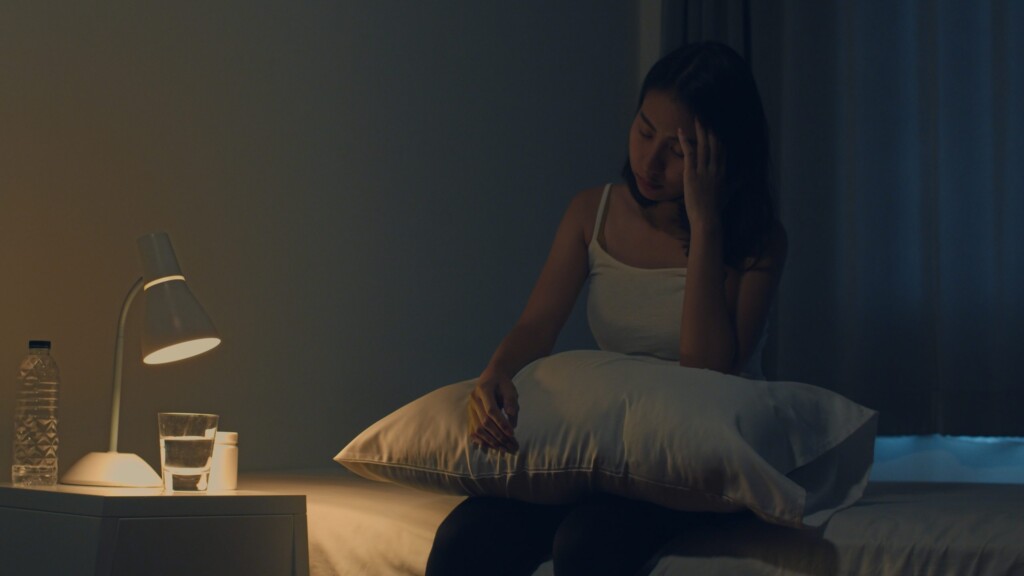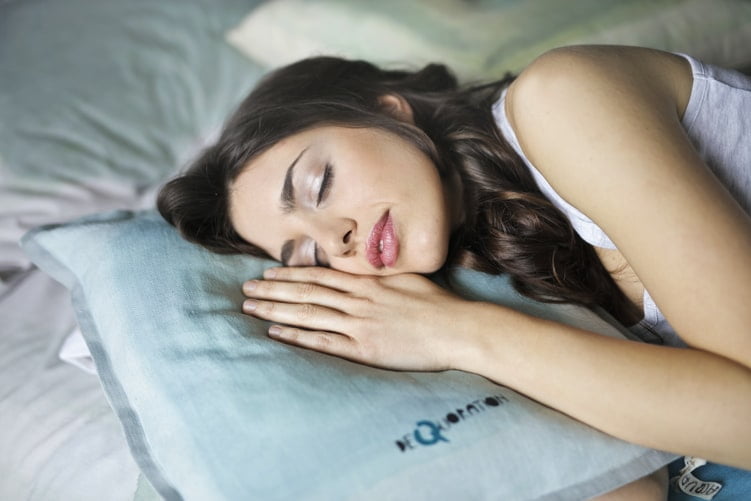What Your Sleeping Habits Tell
The post-pandemic world has us all paranoid about our health. In the last year, you’ve probably used more hand sanitizer than ever before. We wash our hands more frequently now, and we’re very aware of the early signs of Covid. Coughing, fever, and other cold symptoms are on everyone’s radar. We’re also looking for fatigue and body aches. But how many of you care about sleep quality?
We all know that a person needs around 8 hours of sleep per day to function properly, so we aim for that. The quality of sleep is more important than the quantity. Some of us can function on less than 8 hours of sleep and still feel fine, while others need 10 to 12 hours of sleep. So what gives?

Having Trouble Sleeping
Do you go to bed on time yet spend hours staring at the ceiling? Too many stimulants could be to blame. Many of us drink coffee every day, yet there are still some smokers. Caffeine and nicotine are stimulants that can keep you awake at night. If you can’t quite yet, attempt to avoid these items later in the day to fall asleep faster. The same goes for tea, which includes caffeine. You can’t drink a cup of black tea and wonder why you can’t sleep. Instead of regular tea, try herbal caffeine-free tea.
Can’t Sleep Without TV
We say TV, but we mean podcasts, loud music, your phone, and any other distraction you used to fall asleep with and affect your sleeping habits. Anxious and apprehensive people often do this. They employ distractions to avoid thinking alone. Overthinking and worry keep millions up at night. Stress reduction is the best method to acquire the rest we all need. But removing stress is easier said than done. Consult your doctor about your anxiety and sleep issues.

Oversleeping And Still Waking Up Tired
Is it possible to get too much sleep? We don’t know for definite, at least not in healthy folks. If you discover that you can sleep through the weekend but still feel sleep-deprived, this might be an indication of a more serious health problem or underlying disease. Oftentimes, thyroid problems lead people to sleep more than normal and then feel exhausted. Therefore, if this sounds similar to you, you should schedule an appointment with your physician.
Awake In The Night
Many individuals fall asleep easily but then wake up in the middle of the night and can’t get back to sleep, or wake up numerous times during the night. There are several causes for this: Other differences are less evident. Many individuals wake up in the middle of the night to use the toilet, which can cause bladder problems. Other times, the causes are less clear and difficult to pin down. You might have RLS, which wakes you up at night, or sleep apnea without knowing it. You might be snoring and your own snores wake you awake, but you won’t know until you share a bed.

To The Rescue: Sleep Hygiene
To be healthy and awake feeling nice and refreshed, there are a few things to consider. Set a sleeping plan for yourself — go to bed at the same time every day. A solid habit can improve your health and sleep. To enhance your sleeping habits, remove displays and gadgets from your bedroom and avoid screens for at least an hour before night, if not more. Instead, read a book or take a peaceful bath. Keep your bedroom cold and dark. Studies reveal that bright lights such as streetlights or the moonlight might disrupt your sleep, therefore invest in blackout curtains. Get a white noise machine or some earplugs to help you sleep. Finally, keep the thermostat low; we sleep better at lower temps.


